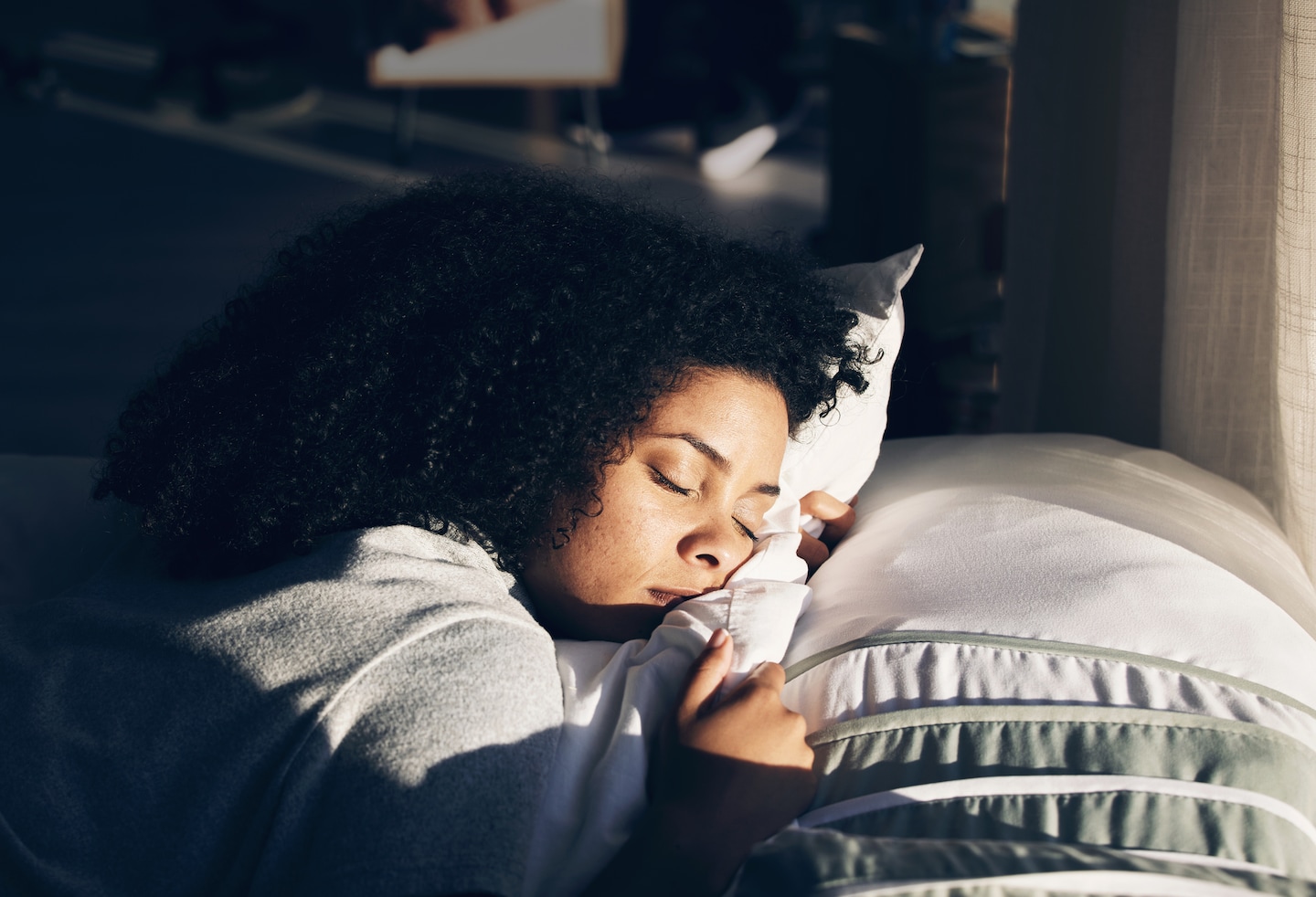- Compared with those who slept 7 hours a night, older adults who slept an average of 5 hours or less were 2.5 times more likely to develop depressive symptoms later in life. People who are genetically predisposed to short sleep have a 14% higher risk of developing depressive symptoms many years later in life.
- Sleeping too much is also a problem. Older adults who reported sleeping more than 9 hours were 1.5 times more likely to have depressive symptoms later in life than those who slept an average of 7 hours.
- Depression is also more likely to lead to worse sleep. The number of people with depressive symptoms is approx 33% more likely to sleep 5 hours or less per night.
Odessa Hamilton, lead author of the study and a doctoral researcher in biobehavioral epidemiology and precision medicine at Older brother. University College London. The study was published in the journal Translational Psychiatry.
Sleeping too many or too few hours at night is considered a sign of depression, Hamilton said. And some studies show that depression is Often related to sleep problems.
More recently, however, researchers have begun to look into whether sleep deprivation may be a cause of depression and other mental health problems.
Hamilton said researchers want to study genetic data to shed light on what happened first.
“The more we know about each individual’s genetic signature, the more likely we are to take steps to prevent disease on a broad scale,” she said.
Researchers have identified genes that are associated with short sleep and allow individuals to be unaffected by sleep deprivation. But researchers say there is no exact figure on how many people in the world have these genes.
Hamilton said they used polygenic scores to identify individuals genetically predisposed to sleep less based on genome-wide association studies.
Hamilton said the study focused only on participants of European descent, which is a limitation. Results may not be generalizable to people of other races and ethnicities.
Potential health risks associated with sleep deprivation have been reported. In a study of nearly 8,000 British civil servants published last year, sleeping less than five hours was linked to an increased risk of heart disease, depression, cancer and diabetes.
Research shows that people who sleep less than the optimal number of hours each night may feel depressed because the ability to regulate emotions may be hindered by lack of rest. Brain areas involved in processing emotions can be affected by prolonged sleep deprivation.
A good night’s sleep benefits your memory, mood, and overall health. And one study found that when people are sleep deprived, they are less generous. The Centers for Disease Control and Prevention offers specific sleep recommendations by age and advises adults to get at least seven hours of sleep each night.
Older adults may have difficulty sleeping through the night, with or without health problems. And they have a harder time falling asleep when they wake up, says Satchin Panda, a professor at the Salk Institute of Biological Sciences and author of The Circadian Code, a book about the importance of maintaining your circadian rhythm. . It may be because older people have less deep sleep, so small disturbances can wake them up.
It’s not that older people need less sleep. Instead, they actually don’t recover well after a night of not much sleep, Panda says.
We may not feel sleepy, like teenagers do on the weekend, but we should still try to get enough sleep, he says.
Some people sleep less and feel fine, they’re not tired or irritable throughout the day, says Panda. And that may be at least partly due to genetics.
But no gene can causing someone’s sleep problems, he said. And healthy sleep habits can reduce the risk of conditions related to poor sleep, such as depression.
He said: If you are given a lemon, you must make lemonade. Good habits can reduce the negative effects of bad genes.
What can you do to help your sleep?
A person’s genetic tendency to sleep less each night needs to be considered, Hamilton said, but it is only one of the factors that determine whether a person regularly sleeps poorly. Their sleep habits and environment, when a person goes to sleep, when they wake up, and the noise or light around them when they go to sleep play an important role.
“These genetic scores account for a fairly modest amount of variation in your likelihood of developing these outcomes,” Hamilton said. There is some good news in this regard: we can consider sleep and depression as modifiable risk factors.
Hamilton’s advice is to make time for sleep and avoid late-night procrastination when you find one more episode to watch or one more task to complete before bed.
We are just looking for reasons,” she said. Some reasons for not sleeping are because we don’t find it important.
#Poor #sleep #linked #symptoms #depression #research #shows
Image Source : www.washingtonpost.com

